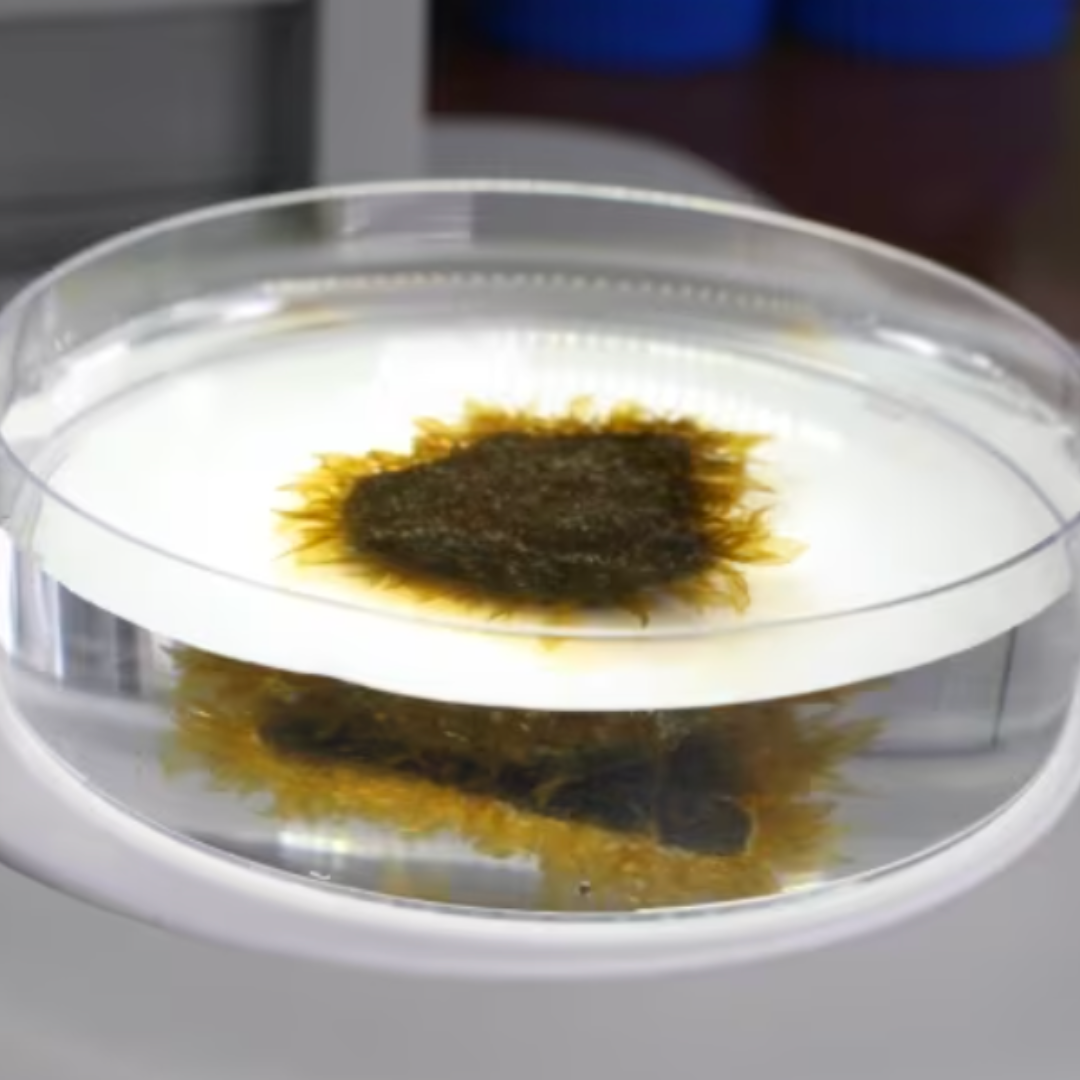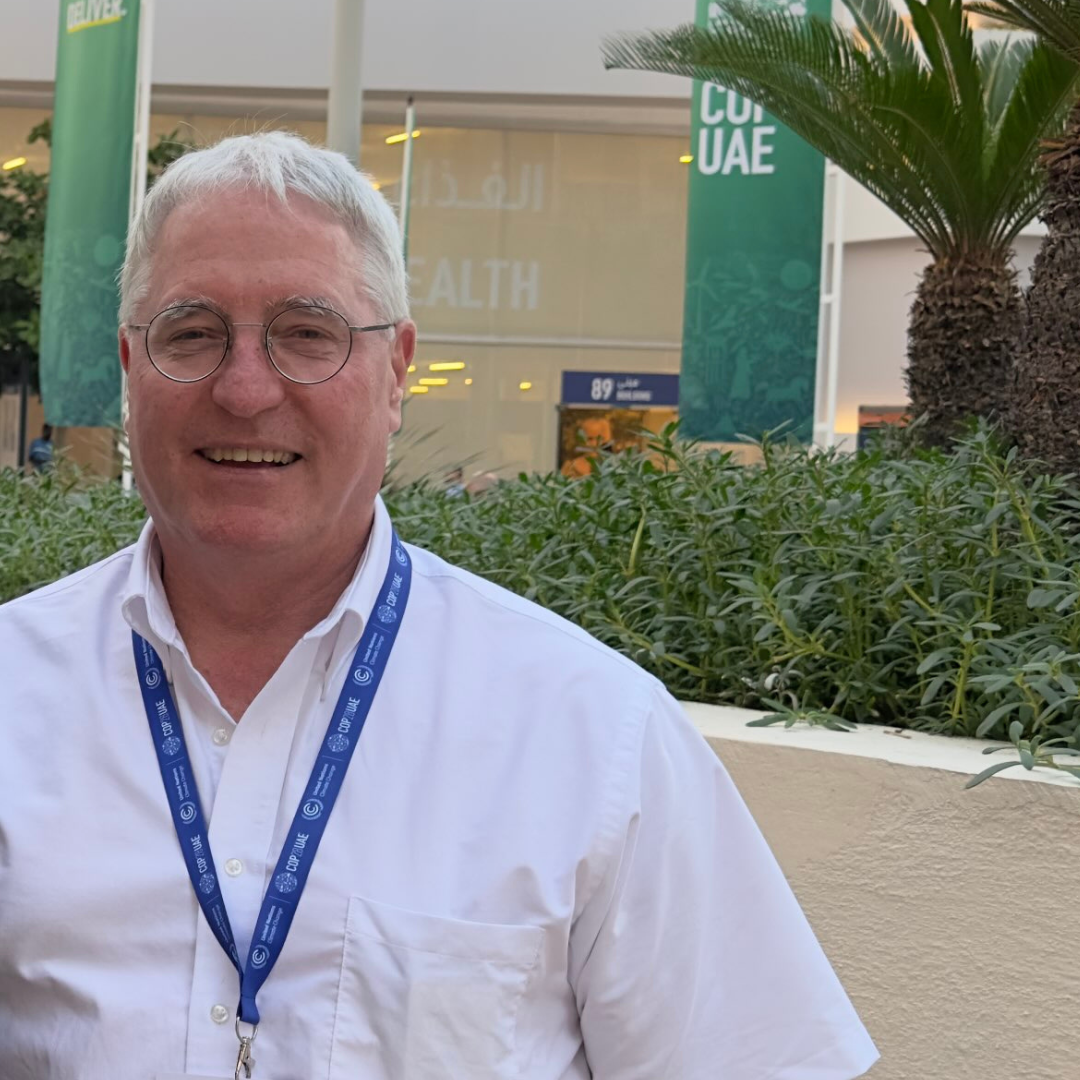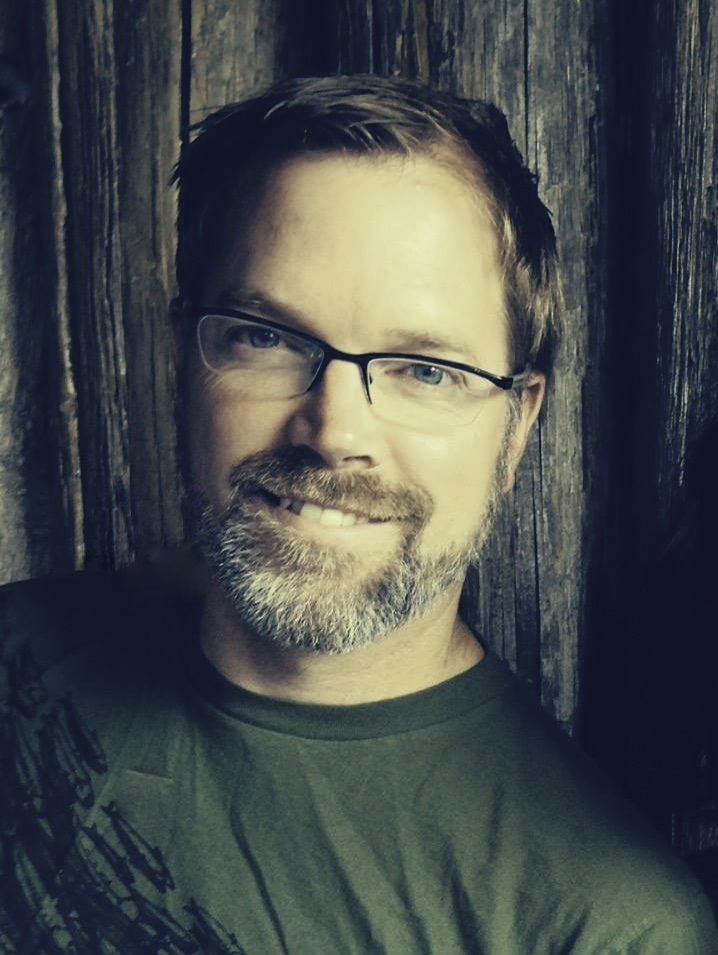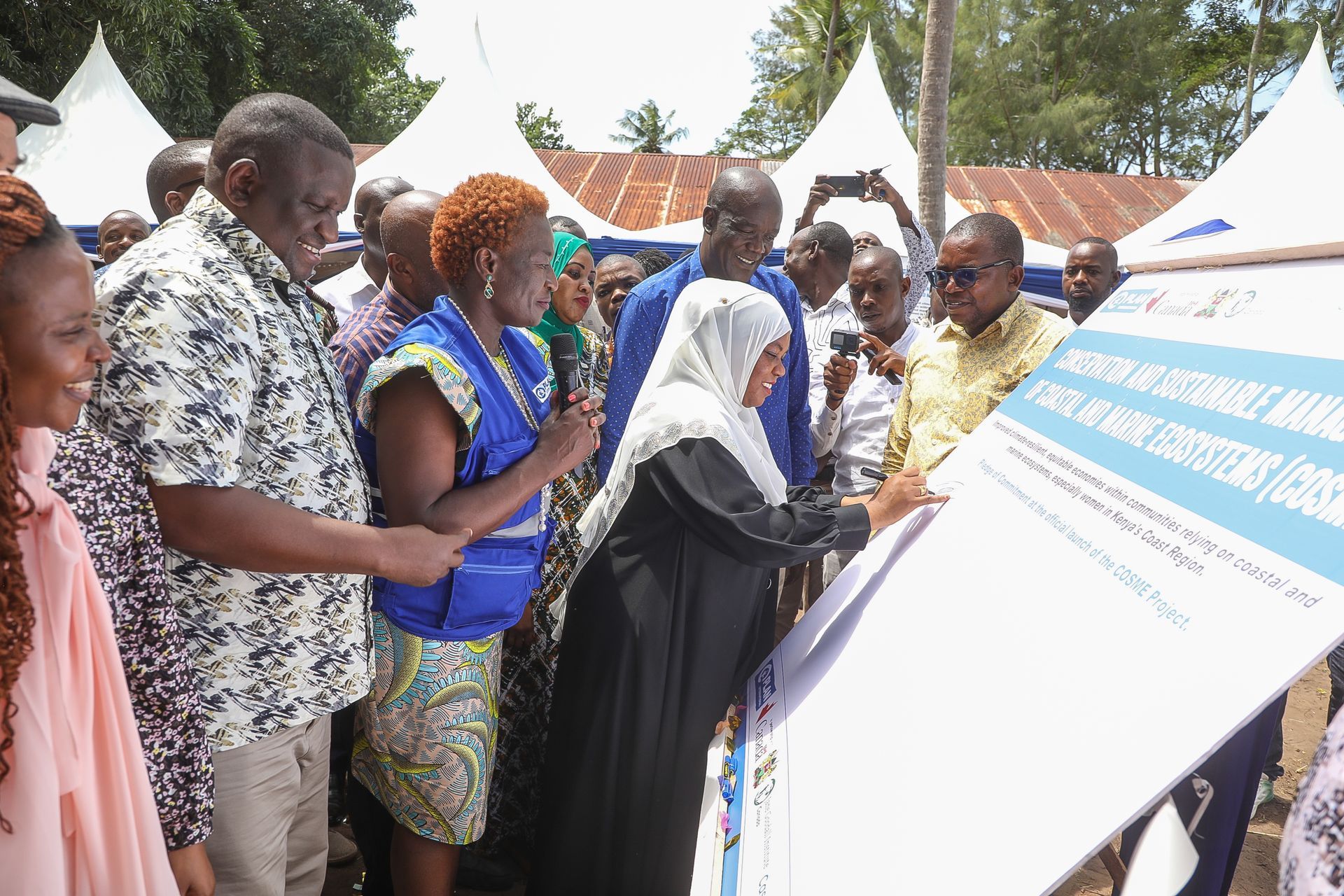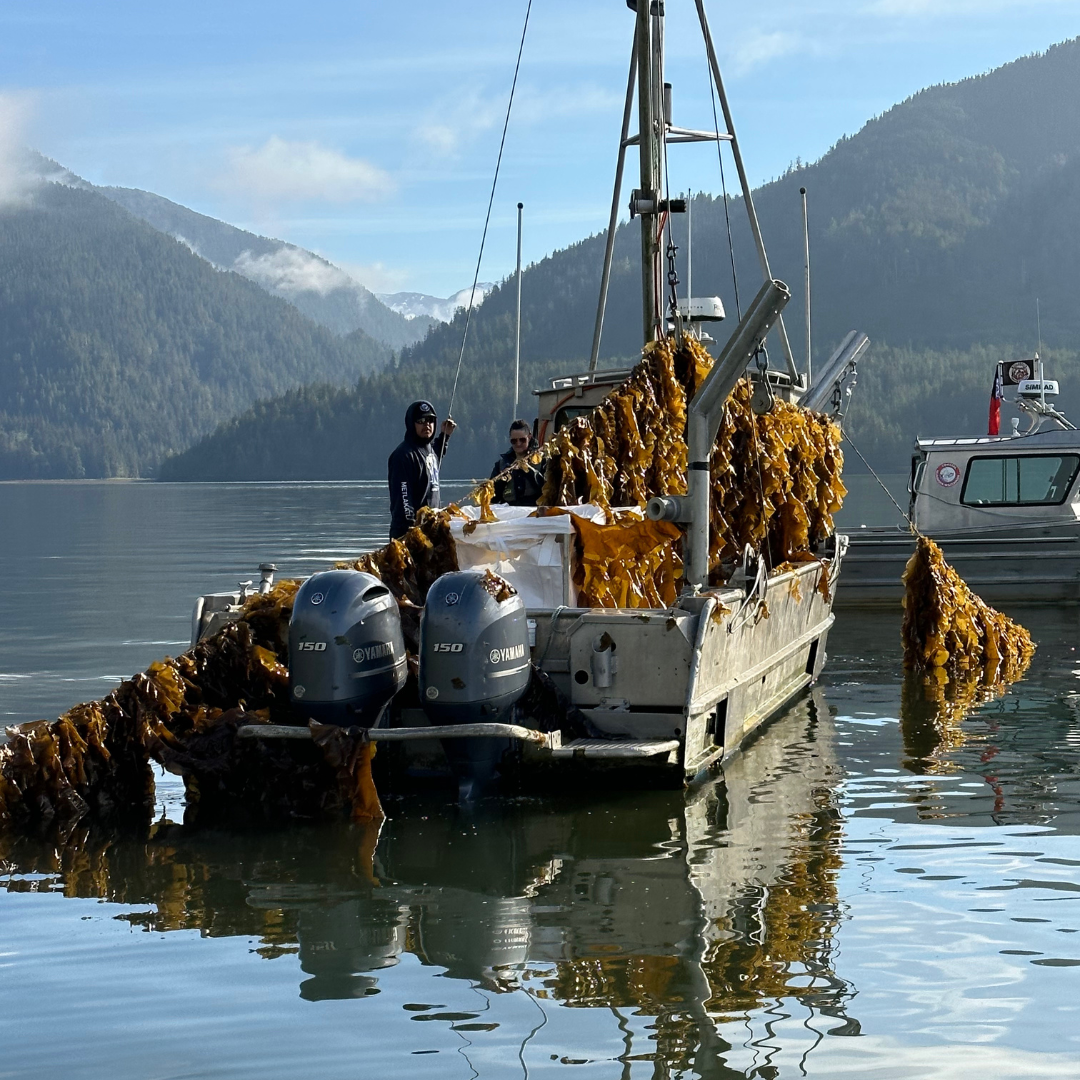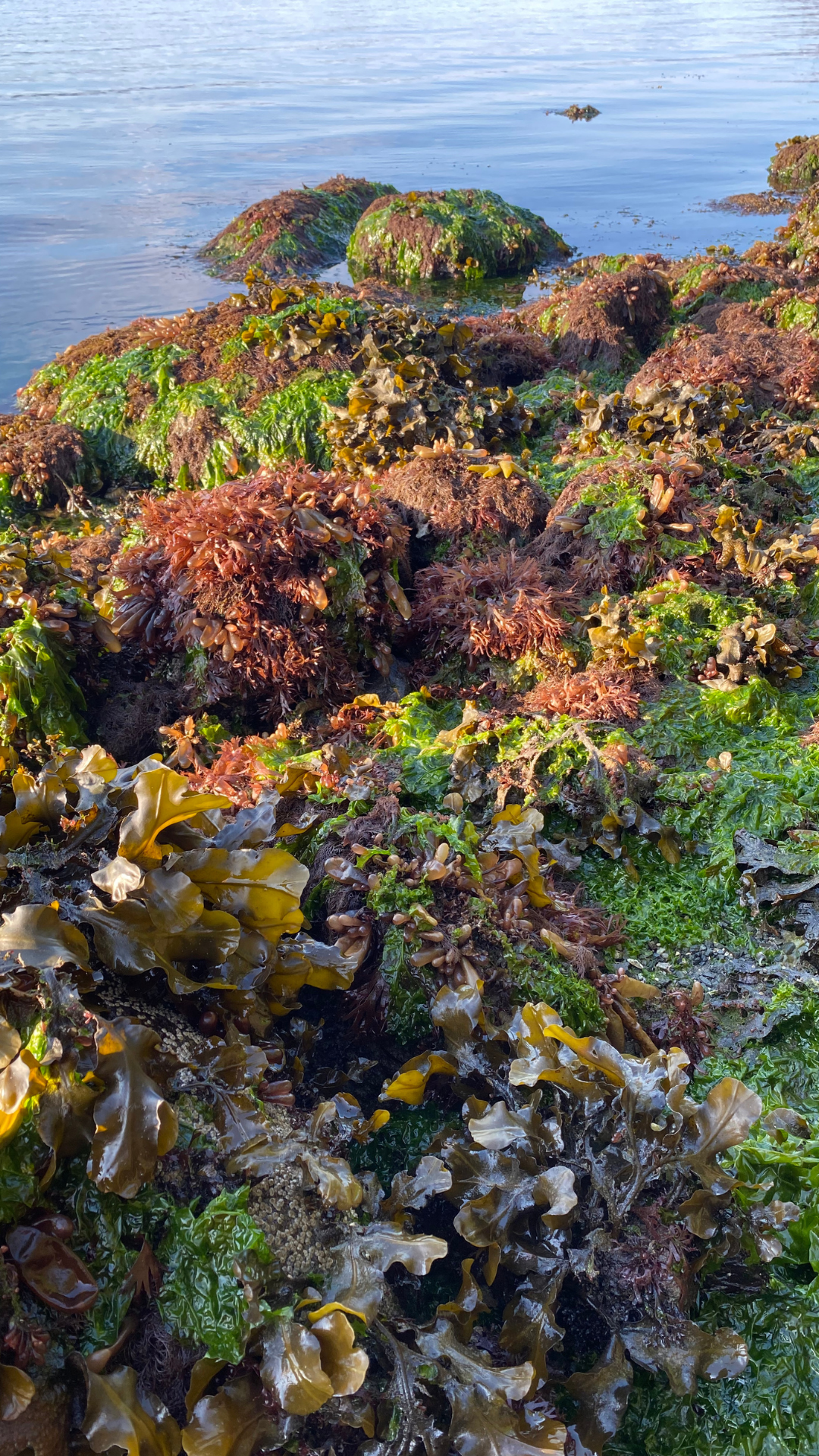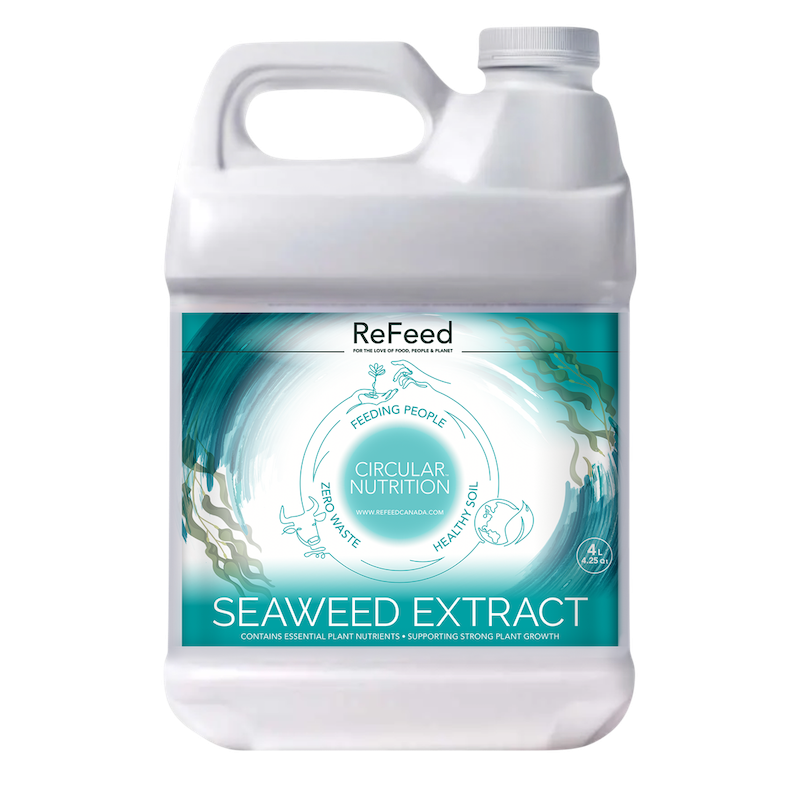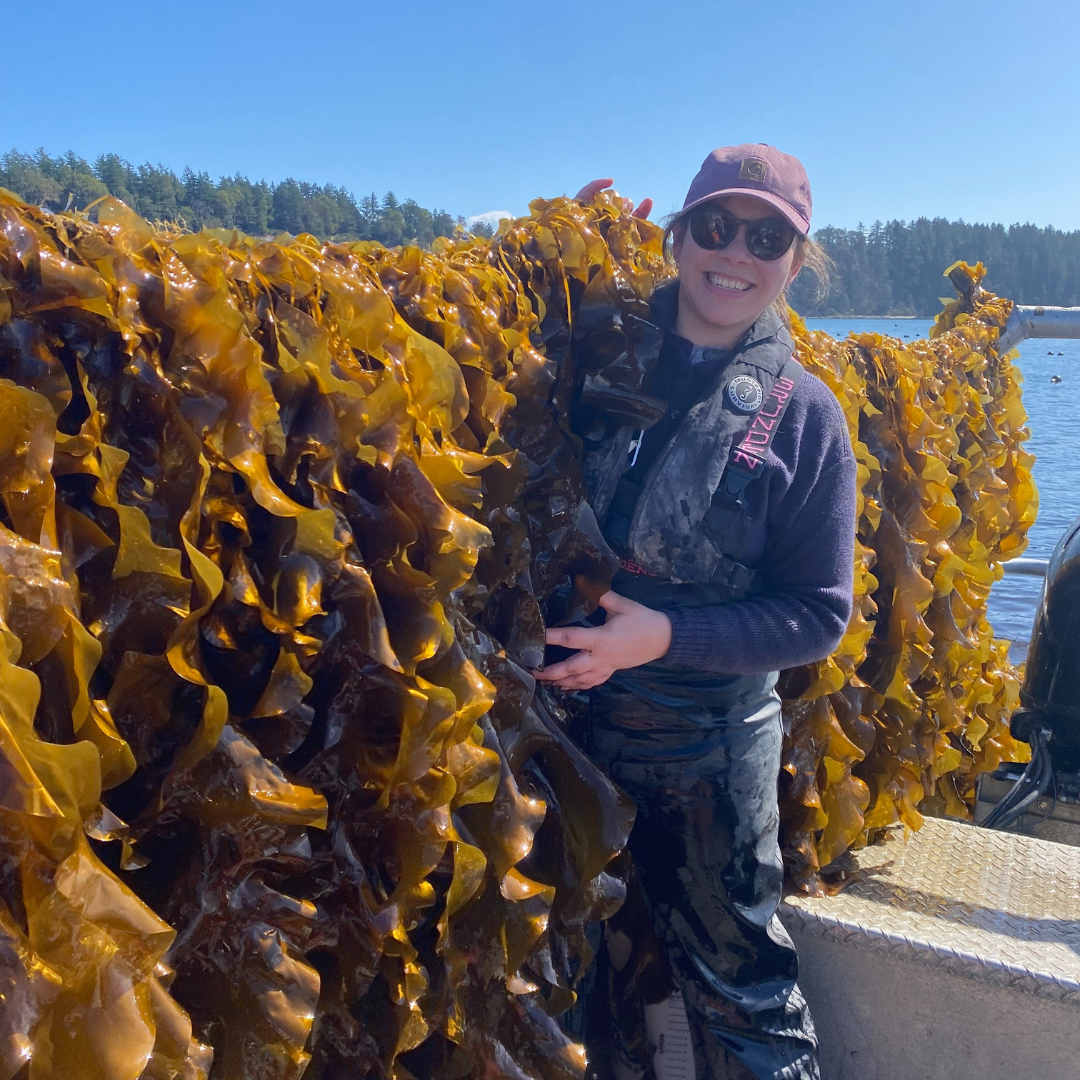At Cascadia Seaweed, we cultivate local species of seaweed and manufacture products for crop and cattle farmers.
“It’s projects like this that can show what true reconciliation is about.”
NORA O'MALLEY — Feb. 7, 2021
https://www.westerlynews.ca/business/seaweed-farming-opens-world-of-opportunity-for-coastal-b-c/
“Seaweed farming can generate 3,000 coastal jobs and $1 billion to the GDP of coastal B.C.,” says chairman and founding partner of Cascadia Seaweed Bill Collins.
During a Jan. 26 regular council meeting, Collins impressed Ucluelet’s mayor and council with a powerful presentation about how the unique leg of aquaculture can positively impact the coast.
“The workforce and the infrastructure already exists on our coastline and it’s just a question of exploiting it,” said Collins.
Cascadia Seaweed currently has two farms in the water in Barkley Sound and two more in the application process.
“Right now, our agreements are with the Uchucklesaht and Huu-ay-aht First Nations. We work with other Nations renting equipment and vessels etc. Last year, the Barkley farm sites were used for kelp growing trials. This year, we are producing kelp at those sites for consumer packaged goods,” said Cascadia Seaweed’s manager of regional business development Mairi Edgar.
“We have flexible agreements with our partners meaning the agreements are built on a case by case basis. For example, a Nation may only wish to rent their tenure and Cascadia plants, grows and harvests the product. Or, the Nation may want to grow and harvest the kelp etc.,” said Edgar.
In 2019, Cascadia Seaweed and Nuu-chah-nulth Seafoods became partners in seaweed aquaculture. The B.C. seaweed venture has also partnered with North Island College to research shelf-friendly food products.
President of Nuu-chah-nulth Seafoods Larry Johnson said they partnered with Cascadia Seaweed because it made good business sense and their values were very similar.
“I think the work that we are going to do together is going to benefit our shareholder Nations. I really hope that all the governments – First Nations, regional districts, provincial, and federal governments – can come together in collaboration and work to create this opportunity that can help First Nations become part of the economic fabric of this country called Canada. That would be a good accomplishment,” said Johnson.
“It’s projects like this that can show what true reconciliation is about. By working and getting to know and building that relationship, that’s reconciliation. By co-developing and co-managing, that’s reconciliation. Getting to know who your partners are. That’s what’s it’s all about.”
Johnson went on to say the seaweed farms are an add-on to current shellfish tenures and that fish farms could potentially do the same.
“Any aquaculture you could have what they call multi-trophic, which is multiple species creating an environment in the ocean that all work very well together,” said Johnson.
Courtenay-Alberni MP Gord Johns sees endless potential in seaweed farming.
“From Bamfield to Hesquiaht, people are very excited about it. I think it’s a fabulous alternative to (open-net salmon farming). I think it’s a significant opportunity for a number of reasons. To see Cascadia setting up shop in our region and partnering with First Nations is fabulous,” said MP Johns.
He called on the federal government to get onboard and amplify the seaweed sector.
“There is an opportunity right now for the federal government to really support this sector and help support the advancement of it. It’s going to enhance the environment instead of potentially harming it. They need to make it a priority and invest in a manner that can help move the regulation process along faster and ensure all stakeholders, especially Indigenous knowledge holders, are at the forefront of that process,” said Johns.
Cascadia Seaweed has lofty growth plans: by 2025 they hope to have 500 hectares (about the size of 1000 American football fields) under cultivation, with agreements on at least 500 more.
“As we go forward north and south on the Island and coastal B.C., we can’t do it all from a central hub. We want to utilize existing coast storage facilities that have been available to the wild caught fishery and salmon farming industry for many years. We want to utilize as much infrastructure and capacity and also spread the wealth so that everybody can have a piece of the value as we get our product to market,” said Collins.
Cascadia Seaweed is presenting an international seaweed festival May 17-23, 2021. Anyone interested in supporting the event or participating is encouraged to email erin@cascadiaseaweed.com.
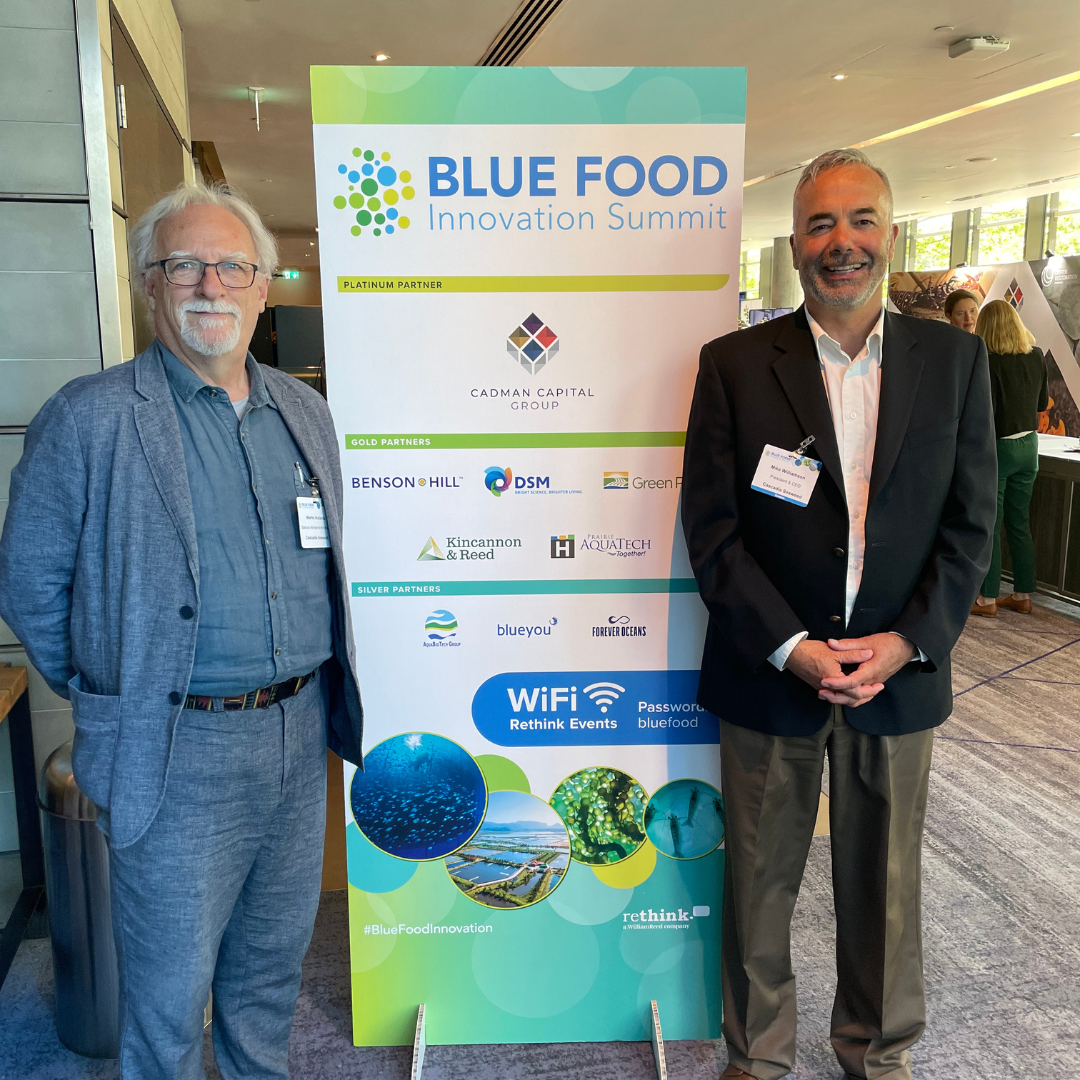
C - 9774 Third Street Sidney British Columbia V8L 3A4
Email: info@cascadiaseaweed.com
Phone: 1-778-351-4484

9774 - C Third Street Sidney British Columbia V8L 3A4
Email: info@cascadiaseaweed.com
Phone: 1-778-351-4484


